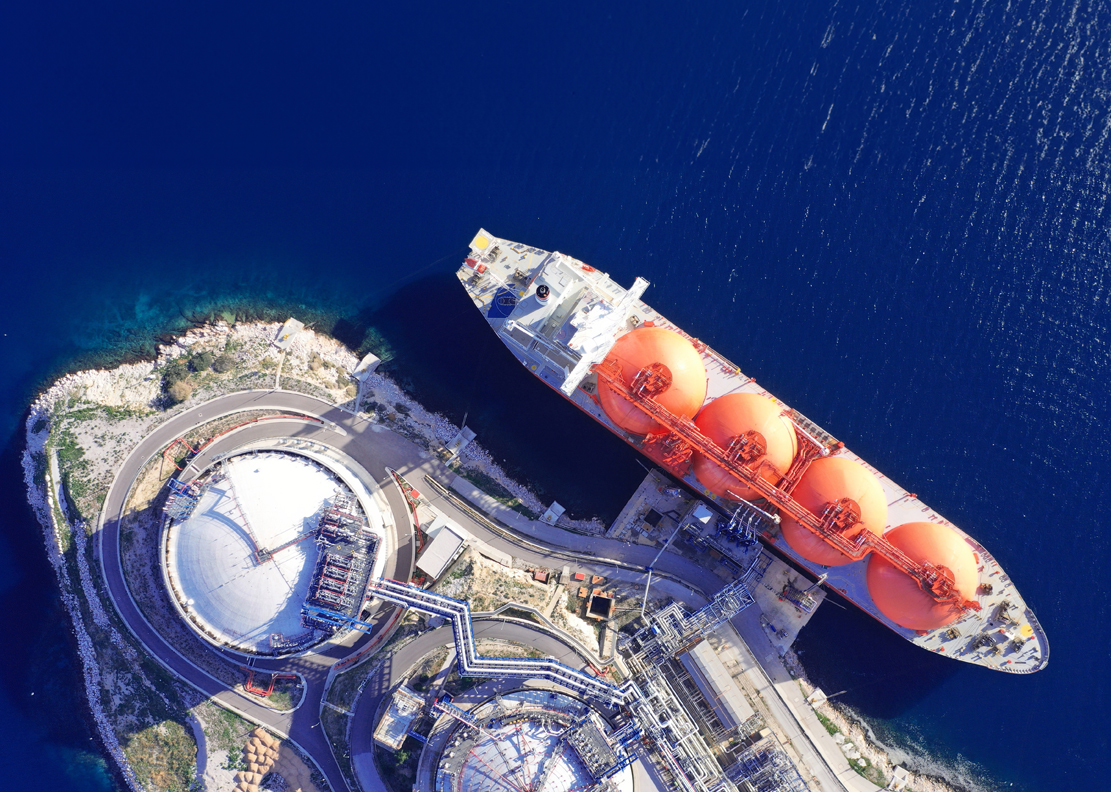Taking Centre Stage: Natural Gas to Be a Driving Force in the Road to Net Zero
15 July 2023Natural gas producers such as Qatar have a pivotal role to play in the energy transition despite concerns around its impact on the environment, the Al-Attiyah Foundation reports in its latest Sustainability Research Paper ‘The Role of Natural Gas – Transition Fuel or Part of the Long-Term Global Energy Mix?’
As the world continues to grapple with the urgent need to address climate change and to transition to sustainable energy systems, the role of natural gas in the global energy mix has become subject of intense debate.
The use of natural gas in the past decades has provided numerous benefits, such as relatively lower greenhouse gas emissions, enhanced energy market stability, and economic returns. Its abundance, affordability, low level of local air pollutants linked to its use and widespread infrastructure has made it an attractive option for power generation, industrial processes, and heating. The flexibility of natural gas-fired power plants has also allowed them to complement intermittent renewable energy sources, providing stability to the grid.
However, doubts remain regarding its long-term viability and compatibility with carbon-neutral future objectives.
Methane, the primary component of natural gas, is a potent greenhouse gas with a much higher warming potential than carbon dioxide. Methane can warm the planet more than 80 times as much as the same amount of carbon dioxide over a 20-year period if it escapes into the atmosphere before being burned. Therefore, methane leakage during extraction, transportation, and distribution can significantly offset the emission benefits of natural gas.
A peer-reviewed study conducted by researchers from Harvard, Duke Universities and NASA and published in the journal Environmental Research Letters, found that it takes as little as a 0.2 percent gas leakage rate to make natural gas as big a driver of climate change as coal – a small margin of error.
Furthermore, researchers found that the global oil and gas industry is leaking more methane than the United States government thinks. A 2018 study from the journal Science, puts the rate of methane leakage from domestic oil and gas operations in the United States at 2.3 percent of total production per year, which is 60 percent higher than the current estimate from the Environmental Protection Agency.
Despite concerns regarding it cleanness, natural gas is set to play key part in the path to a more diverse energy mix in the coming decades.
Concerns have been somewhat assuaged after 150 countries, including the United States and most of the big oil producers other than Russia, pledged to reduce methane emissions from oil and gas by at least 30% by 2030 at the 2022 United Nations Climate Change Conference (COP27) in Sharm El-Sheikh, Egypt. If those pledges are met, the result would be equivalent to eliminating the greenhouse gas emissions from all of the world’s cars, trucks, buses and all two- and three-wheeled vehicles, according to the International Energy Agency.
Also in 2022, the world’s biggest liquified natural gas (LNG) producer, QatarEnergy, joined the Aiming for Zero Methane Emissions Initiative, an industry-led initiative that aims to reach near zero methane emissions from operated oil and gas assets by 2030.
Natural gas’ role as a bridge fuel is also highlighted by initiatives such as Just Energy Transition Partnerships (JETPs) which have been signed by Indonesia, Senegal, South Africa, and Vietnam. Signatories of such pacts have committed to retiring existing and preventing new coal power plant capacity and replacing it by renewables. In case of intermittency of the latter, natural gas power plants may become crucial to bolster grid stability. Given limited resources of natural gas within these countries significant gas imports will be required. As most of the emerging economies have a net zero target date of 2060 or even 2070, it would be attractive to build new natural gas infrastructure.
To read the full report and to learn more about the latest developments in the energy industry, visit https://www.abhafoundation.org/
